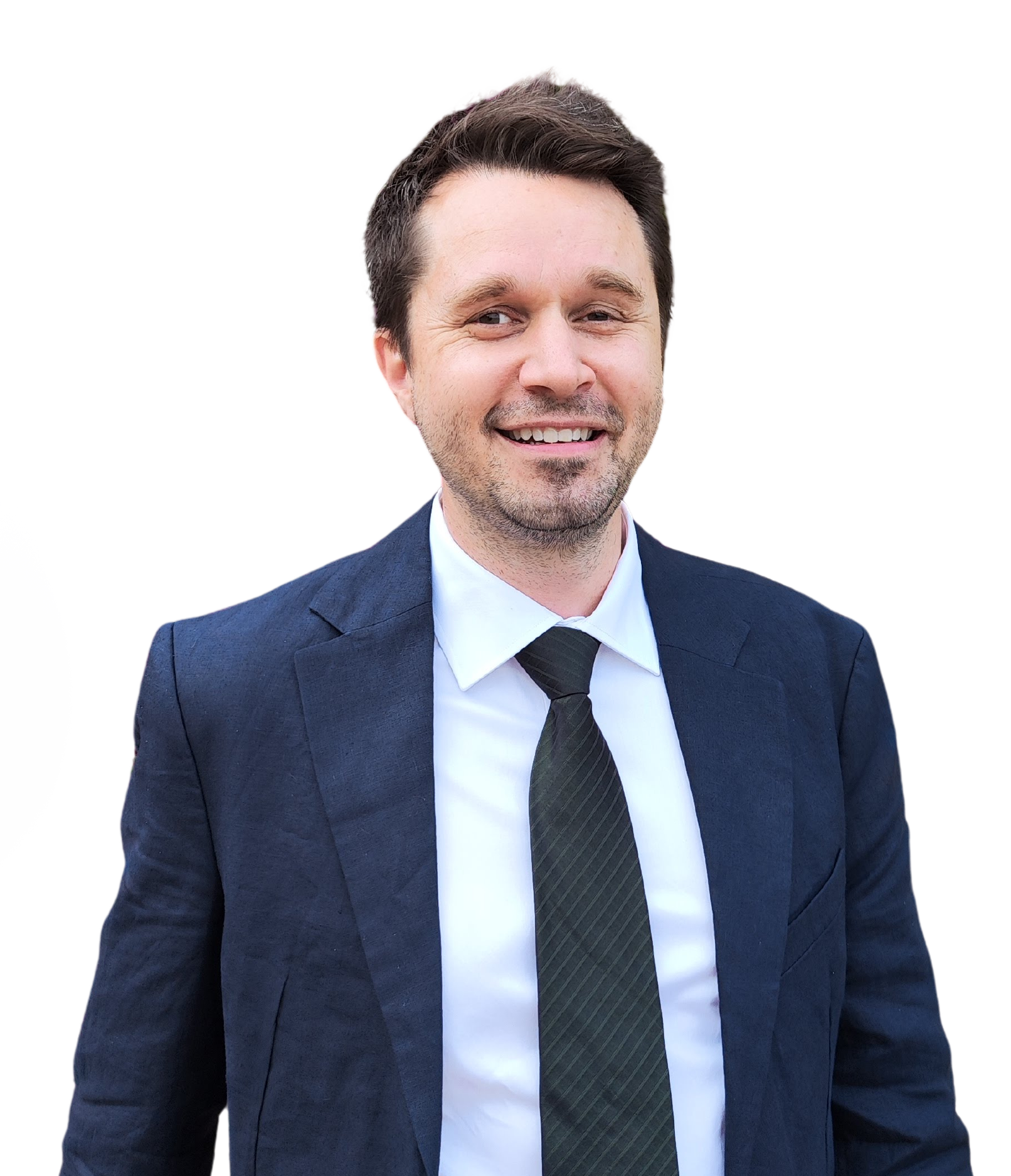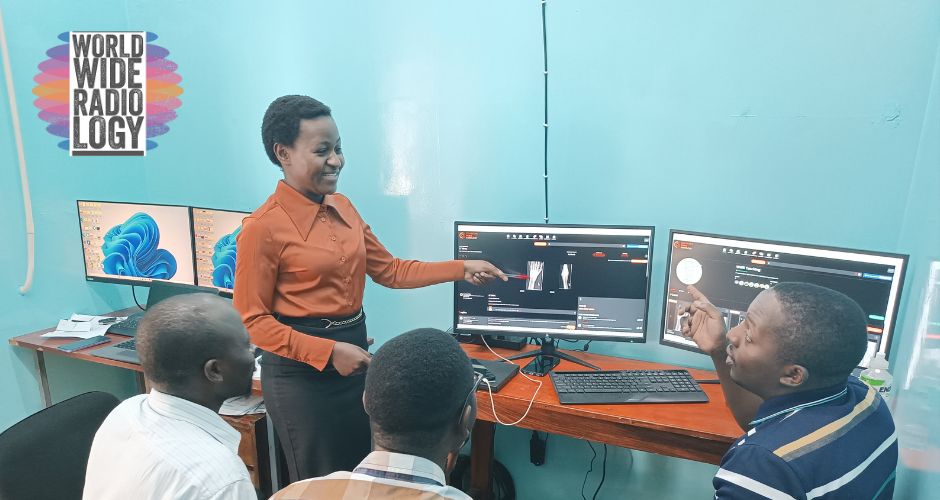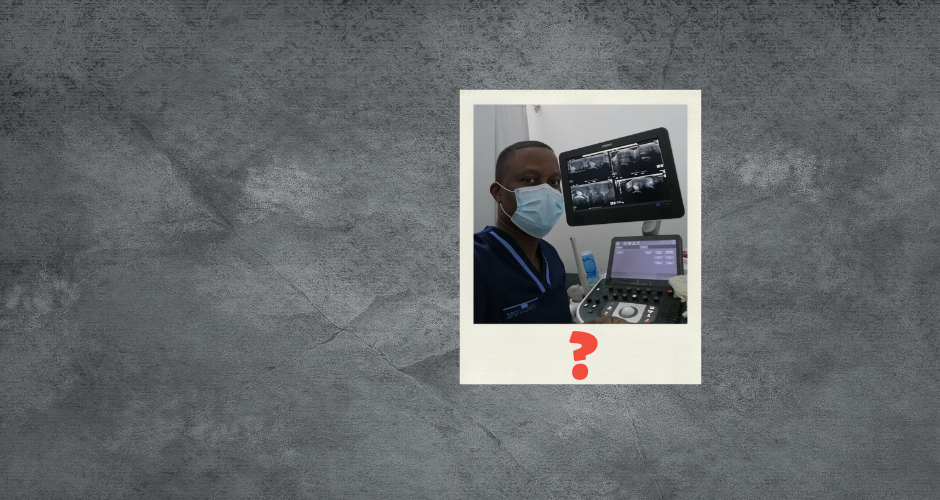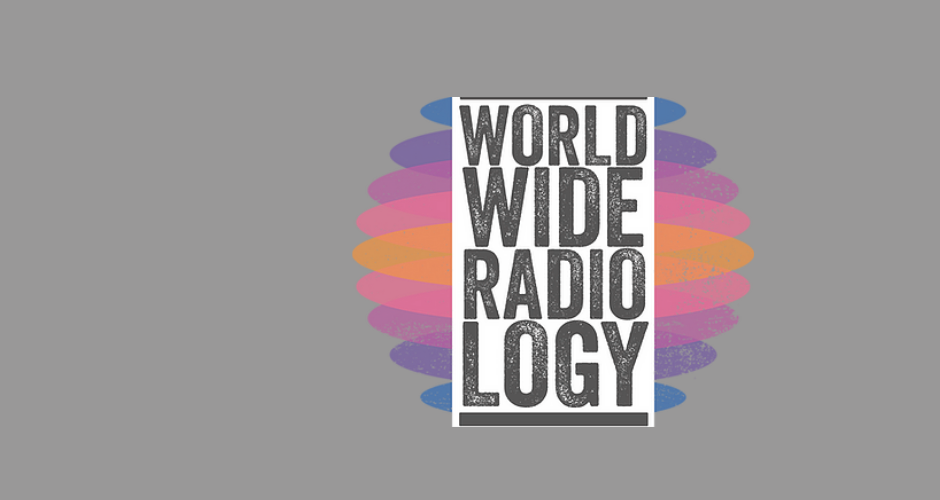Collaborative Diagnostics: How Collective Minds Radiology is Redefining Peer Review in Radiology Departments

In the ever-evolving field of radiology, the accuracy of diagnostic imaging plays a pivotal role in patient care and treatment outcomes. Traditional approaches to radiology have often been limited by the availability of local expertise, leading to a growing interest in collaborative diagnostics. This is where Collective Minds Radiology steps in, redefining the landscape of peer review in radiology departments by leveraging a global network of experts to enhance diagnostic accuracy and improve patient outcomes.
The Importance of Peer Review in Radiology
Peer review in radiology is a quality assurance measure that ensures the accuracy of diagnostic interpretations. It involves the review of radiologic studies by one or more radiologists other than the original interpreter. This practice helps identify discrepancies and provides a valuable learning opportunity, fostering a culture of continuous improvement and education among radiologists.
Despite its benefits, the traditional peer review process faces challenges, including limited access to a wide range of subspecialty expertise and the potential for bias within small groups. These limitations can affect the quality of patient care, highlighting the need for a more expansive and unbiased peer review system.
Enter Collective Minds Radiology: A Global Network of Expertise
Collective Minds Radiology addresses these challenges by creating a platform that connects radiology departments with a global network of radiology experts. This innovative approach allows for real-time peer reviews and second opinions between experts, ensuring that even the most complex cases receive the attention of subspecialists, regardless of the local institution's resources.
The platform not only facilitates access to a diverse pool of expertise but also incorporates advanced technologies to streamline the review process. With features such as secure image sharing, integrated reviewing tools, and a user-friendly interface, Collective Minds Radiology simplifies collaboration between radiologists worldwide.
Enhancing Diagnostic Accuracy and Patient Care
The platform's emphasis on peer review and collaboration fosters a culture of learning and professional development. Radiologists can receive feedback on their interpretations, engage in discussions about challenging cases, and stay updated on the latest advancements in radiology. This continuous learning environment encourages radiologists to refine their skills and knowledge, further elevating the standard of care provided to patients.
This collaborative approach not only helps in identifying rare conditions but also reduces the likelihood of diagnostic errors, ultimately improving patient outcomes.
Case Studies: Real-world Success Stories
The impact of Collective Minds Radiology is best illustrated through real-world examples. During audits of radiology departments, also provided by Collective Minds, have reported significant improvements in diagnostic accuracy and efficiency since adopting the platform. For instance, a hospital in a rural area, previously limited by a lack of subspecialty expertise, was able to accurately diagnose a rare neurological disorder thanks to a timely second opinion from a neuro-radiology expert on the Collective Minds Radiology network. This case not only highlights the platform's ability to bridge expertise gaps but also underscores its potential to save lives by facilitating accurate and timely diagnoses.
Conclusion
In conclusion, Collective Minds Radiology is transforming the peer review process in radiology departments by harnessing the power of global collaboration. Its innovative platform not only enhances diagnostic accuracy and patient care but also promotes a culture of continuous learning and professional development among radiologists. As the medical field continues to evolve, integrating collaborative diagnostics will undoubtedly play a crucial role in shaping the future of radiology, making it more accurate, efficient, and inclusive.
Pär Kragsterman, CTO and Co-Founder of Collective Minds Radiology
Reviewed by: Anders Nordell on September 22, 2024




